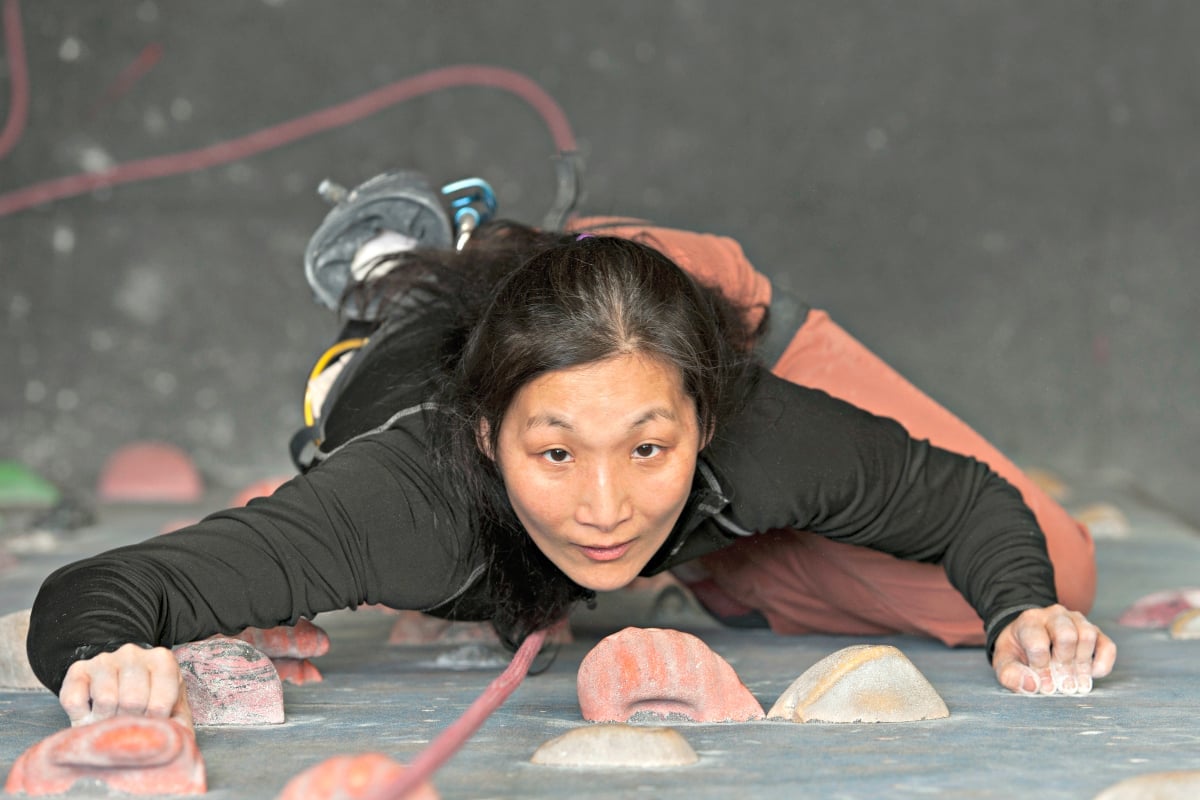

Recently it dawned on me that I had forgotten about my bones for a couple of decades.
I’ve certainly been paying attention to my kids’ bone health, but in the meantime, I’ve probably taken my own for granted. Yes, I’ve been lucky enough to feel strong and healthy, but who knows how long that will be the case for?
I read recently that poor bone health affects two in three Australians over the age of 50, and this number is expected to increase as we now live longer than previous generations.
As kids we’re encouraged to exercise and eat calcium-rich foods to grow healthy bones, but as we get older the message seems to get lost in the other distractions of life. It only becomes important again once we’re elderly and we’re faced with the possibility of weakened bones and an ageing body. So, what about the years in between?
It’s actually not hard to give your bones a good chance of staying strong if you take some simple steps to give them what they need. We know that calcium is essential for building strong bones as well as supporting muscle and nerve function. Almost 99 percent of our body’s calcium is found in our bones. If we don’t get enough calcium, over time our bone strength can decline and may increase our risk of osteoporosis.
My friends know the way to my heart is with cheese, and this is a very good thing. Australians get around 60 percent of their calcium intake from milk, cheese and yoghurt. In fact, dairy foods are one of the richest sources of calcium you can get. While calcium is found in other foods, meeting our calcium needs without dairy foods is more difficult.


